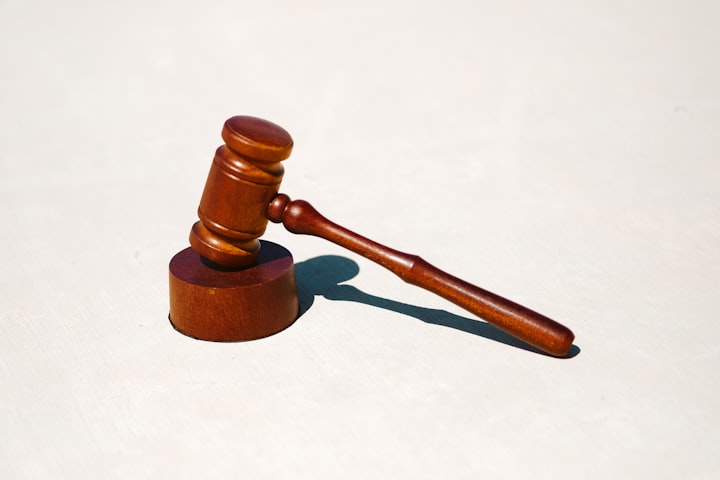
The Irish court and legal system is based on the common law tradition and has a hierarchical structure, with lower and higher courts. The system is impartial and independent and plays a vital role in the administration of justice and the protection of citizens' rights.
District Court: This is the first level of the Irish court system and deals with civil and criminal cases. The District Court has limited jurisdiction and is primarily responsible for hearing cases involving small claims, road traffic offenses, and minor criminal offenses.
Circuit Court: The Circuit Court is the second level of the Irish court system and has wider jurisdiction than the District Court. It deals with civil cases such as personal injury claims, family law cases, and appeals from the District Court. The Circuit Court also deals with criminal cases such as fraud and assault.
High Court: The High Court is the third level of the Irish court system and is the highest court of original jurisdiction. The High Court has jurisdiction over a wide range of civil and criminal cases, including commercial law, company law, and human rights.
Supreme Court: The Supreme Court is the final court of appeal in Ireland and deals with appeals from the High Court and the Court of Appeal. The Supreme Court has the power to interpret the Constitution and to determine the constitutionality of legislation.
European Court of Justice: The European Court of Justice is the highest court in the European Union and deals with cases relating to EU law. Ireland is a member of the European Union, and its citizens have the right to bring cases before the European Court of Justice.
The Irish legal system is also supported by a number of other legal bodies such as the Law Society of Ireland, the Bar Council of Ireland, and the Legal Aid Board. These bodies play a critical role in ensuring the proper functioning of the legal system and the protection of citizens' rights.
The Irish legal system is based on the common law tradition, which means that past court decisions play a significant role in shaping current law.
The Irish Constitution is the supreme law of the land and provides the framework for the legal system.
Irish judges are appointed by the President on the advice of the government and are independent in their decision-making.
Alternative dispute resolution methods such as mediation and arbitration are becoming increasingly popular in Ireland as an alternative to going to court.
Legal aid is available for individuals who cannot afford to pay for a lawyer and meets certain criteria, such as being accused of a serious criminal offense.
The legal profession in Ireland is divided into two branches: solicitors and barristers. Solicitors provide legal advice and represent clients in the lower courts, while barristers represent clients in the higher courts and provide specialist legal advice.
The levels of monetary compensation awarded by each court in Ireland vary depending on the jurisdiction and type of case being heard. Here is a general overview of the compensation limits for each court:
District Court: The District Court has limited jurisdiction and the maximum monetary compensation award it can make is €15,000.
Circuit Court: The Circuit Court has wider jurisdiction than the District Court and the maximum monetary compensation award it can make is €75,000.
High Court: The High Court has unlimited jurisdiction and can make awards of any amount.
Supreme Court: The Supreme Court is the final court of appeal in Ireland and does not typically make monetary compensation awards. Its role is to review the decisions of lower courts and determine whether the law has been applied correctly.
It's important to note that these compensation limits are just a general guide and can vary depending on the specific case and the jurisdiction of the court. Legal advice should be sought to determine the compensation limits in individual cases.
In conclusion, the Irish court and legal system is an impartial and independent system that plays a vital role in the administration of justice and the protection of citizens' rights. The system is hierarchical and is supported by a number of legal bodies to ensure its proper functioning.





Comments
yasin said is not accepting comments at the moment
Want to show your support? Send them a one-off tip.